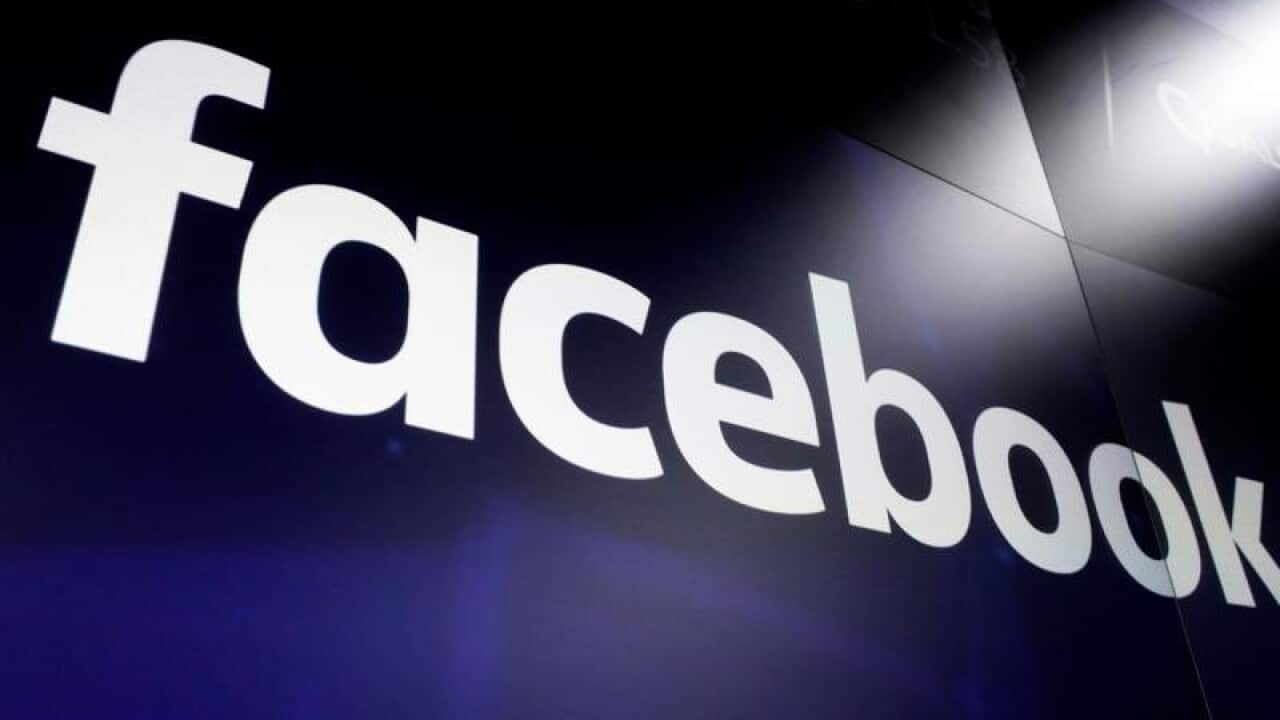Internal Facebook documents released by a UK parliamentary committee offer the clearest evidence yet that the social network has used its enormous trove of user data as a competitive weapon.
Parliament's media committee accused Facebook on Wednesday of cutting special deals with some app developers to give them more access to data while icing out others that it viewed as potential rivals.
In other documents, company executives discussed how they were keeping the company's collection and exploitation of user data from its users.
That included quietly collecting the call records and text messages of users of phones that run on Google's Android operating system without asking their permission.
The UK committee released more than 200 pages of documents on the tech giant's internal discussions about the value of users' personal information.
While they mostly cover the period between 2012 and 2015 - the first three years after Facebook went public - they offer a glimpse into the company's inner workings and the extent to which it used people's data to make money while publicly vowing to protect their privacy.
Facebook called the documents misleading, saying: "Like any business, we had many internal conversations about the various ways we could build a sustainable business model for our platform.
"But the facts are clear: we've never sold people's data."
In a Facebook post, company chief executive Mark Zuckerberg said :"Of course, we don't let everyone develop on our platform.
"We blocked a lot of sketchy apps. We also didn't allow developers to use our platform to replicate our functionality or grow their services virally in a way that creates little value for people on Facebook."
Damian Collins, a Conservative British parliamentarian who leads a committee on media and culture, made the internal documents public after demanding them last month under threat of sanction from Six4Three.
The defunct app developer obtained them as part of its ongoing lawsuit against Facebook in California.
The internal communications needed to be made public because "they raise important questions about how Facebook treats users' data, their policies for working with app developers, and how they exercise their dominant position in the social media market", Collins said on Twitter.
The committee said Facebook "whitelisted" or made exceptions for companies such as Airbnb and Netflix, which gave them continued access to users' "friends" even after the tech giant announced changes in 2015 to end the practice.
"It is not clear that there was any user consent for this, nor how Facebook decided which companies should be whitelisted or not," the committee said.
The Android data collection practice was unearthed in April as the Cambridge Analytica scandal roiled Facebook.
The data mining firm, employed by Donald Trump's presidential campaign, exploited lax Facebook data-sharing policies to obtain data on millions of users without their consent.

